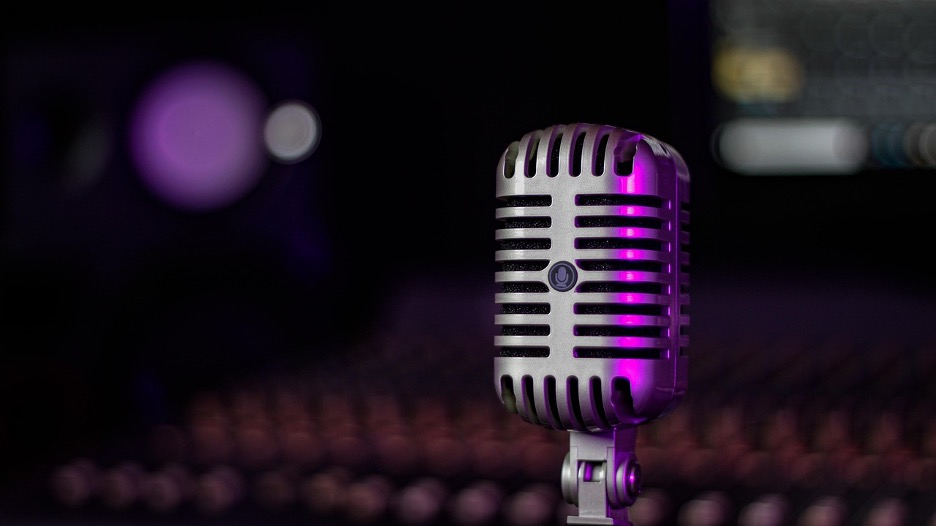By Emma Anmolsingh, Staff Writer
AI-generated voices are transforming how individuals create, consume, and connect with content.[1] Although this type of AI has many benefits, it also raises several legal concerns, including but not limited to, privacy violations, defamation, misinformation, breaches of publicity rights, fraud, and identity theft.[2] Voice cloning is the process of creating an AI-generated voice that mimics a specific person’s voice.[3] Using a dataset of recorded speech, AI systems learn the unique markers of that voice—such as pronunciation patterns, pacing, timbre, age, and accent—to generate new sentences in that cloned voice.[4] AI voice cloning is often used in media and entertainment to replicate voices for dubbing, post-production, or even to bring back the voices of deceased actors.[5] Further, it is used in gaming and virtual reality, revolutionizing gaming by enabling characters to respond with voices that change depending on the user’s choices.[6] It is also used for customer service purposes, such as creating virtual assistants and chatbots.[7] For creators, AI voice cloning has many positive effects, such as increasing cost, efficiency, scalability, enhancing personalization, and empowering niche content creators limited by budget, time, or technical skills.[8] Despite its benefits, the increased use of AI voice cloning raises important legal questions about how existing laws apply to issues of consent, ownership, and accountability.[9]
In a 2024 decision, the United States District Court for the Southern District of New York partially granted and partially denied a motion to dismiss in an important AI voice cloning case, Lehrman v. Lovo, Inc. The plaintiffs—professional voice actors—alleged that defendant, Lovo Inc., a company providing AI-generated voice services, used their recorded voices without proper authorization and compensation to train AI models and create commercial voice clones. [10] The voice actors brought a putative class action against Lovo Inc., asserting sixteen claims including claims for breach of contract, violations of the Lanham Act, the Copyright Act, and New York’s right of publicity laws.[11] The Lanham Act is a federal statute in the U.S. governing trademarks, service marks, and unfair competition.[12] Ultimately, the court ruled that the federal claims under the Copyright Act and Lanham Act were to be dismissed.[13] The court dismissed the Lanham Act claims, ruling that the plaintiffs’ voices did not function as a trademark and that Lovo Inc. did not mislead consumers because their ads made it clear the voices were AI-generated.[14] The Copyright Act claims were dismissed after the court ruled that copyright law protects only the actual recordings, not the voice itself, and that AI-generated voices that imitate recordings are not automatically considered infringing.[15] The court did however deny Lovo Inc.’s motion to dismiss the state law breach of contract claim, finding that the plaintiffs’ allegations were sufficient to plausibly establish enforceable contracts under New York law.[16] In conclusion, the court’s ruling on the motion to dismiss in Lehrman v. Lovo Inc. highlights significant gaps in federal intellectual property protections for AI-generated voice cloning technology.[17] Although there is a chance of a partial victory for plaintiffs, the ruling suggests that voice actors and similar plaintiffs may find more success pursuing state law remedies for unauthorized AI voice cloning, rather than federal claims.[18]
In addition to legal implications, AI voice cloning also poses ethical concerns. One of the main ethical issues with AI voice cloning is consent. Voices are a unique attribute of an individual, meaning that when a person’s voice is cloned without permission or proper informed consent, their voice can be exploited in harmful ways.[19] These ethical issues can be connected to legal ones as they can lead to potential defamation suits.[20] In order to promote responsible AI use, some say it is crucial that creators and users be transparent and upfront about using synthetic voices in their work. Further, some urge that ethical guidelines should help define the boundaries for AI voice cloning, ensuring it is used responsibly and in respectful ways.[21]
Positive and perhaps problematic, AI voice cloning enables creative solutions as well as new crimes. The 2022 movie, Top Gun: Maverick, used AI voice cloning technology to assist Val Kilmer’s voice after he lost his ability to speak due to throat cancer treatment.[22] Scammers, on the other hand, can now use voice cloning AI to impersonate others, expanding the range of fraud mechanisms. Scammers can make a call pretending to be someone’s grandson in need of money, or someone’s requesting payment for a mysterious invoice.[23] As AI voice cloning continues to advance, prompt legal responses and ethical debates are necessary. As the law continues to speak up, the question for the future remains: just how much can it do to protect our voices?
[1] https://vocal.media/beat/how-ai-voices-are-changing-the-future-of-content-creation
[2] https://www.nationalsecuritylawfirm.com/understanding-voice-cloning-the-laws-and-your-rights/
[3] https://www.rws.com/blog/what-is-voice-cloning/
[4] Id.
[5] https://www.respeecher.com/blog/top-5-frequently-asked-questions-about-voice-cloning-technology
[6] https://www.respeecher.com/blog/top-5-frequently-asked-questions-about-voice-cloning-technology
[7] Id.
[8] https://vocal.media/beat/how-ai-voices-are-changing-the-future-of-content-creation
[9] https://www.nationalsecuritylawfirm.com/understanding-voice-cloning-the-laws-and-your-rights/
[10] http://skadden.com/insights/publications/2025/07/new-york-court-tackles-the-legality-of-ai-voice-cloning
[11] Id.
[12] https://www.law.cornell.edu/wex/lanham_act
[13] https://www.skadden.com/insights/publications/2025/07/new-york-court-tackles-the-legality-of-ai-voice-cloning
[14] Id.
[15] Id.
[16] Id.
[17] https://www.offitkurman.com/offit-kurman-blogs/ai-voice-cloning-lawsuit-voice-actor-rights
[18] Id.
[19] https://www.kits.ai/blog/ai-voice-cloning-ethics
[20] Id.
[21] Id.
[22] https://news.northeastern.edu/2022/06/07/a-i-clones-val-kilmers-voice-in-top-gun/
[23] https://www.usatoday.com/story/money/2024/12/19/call-scammers-using-ai/77075605007/
